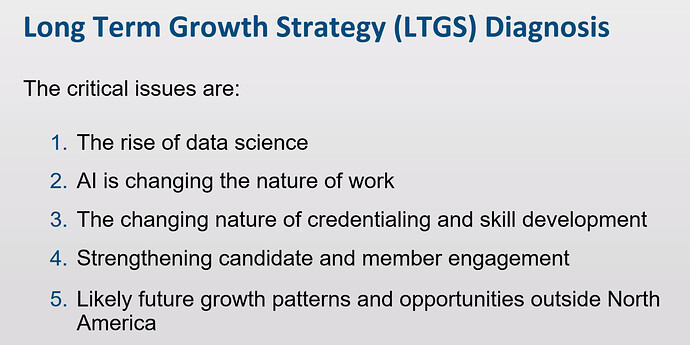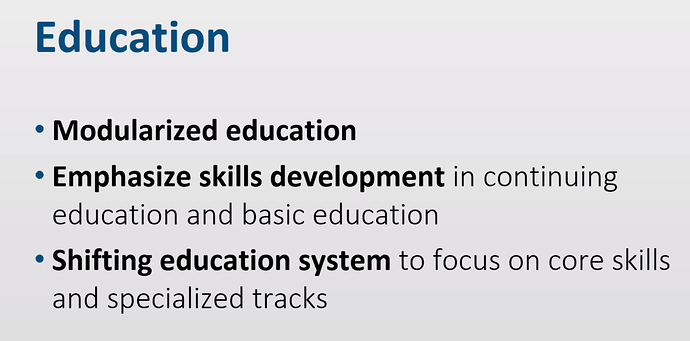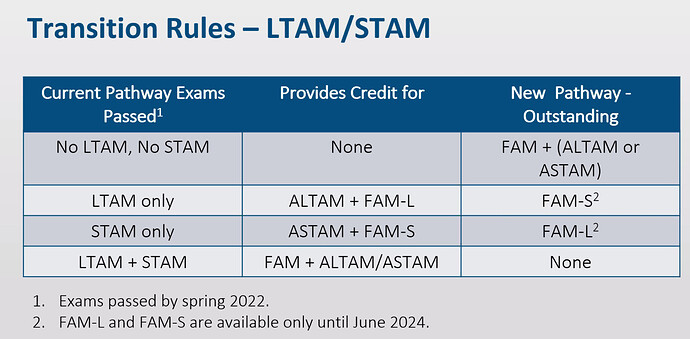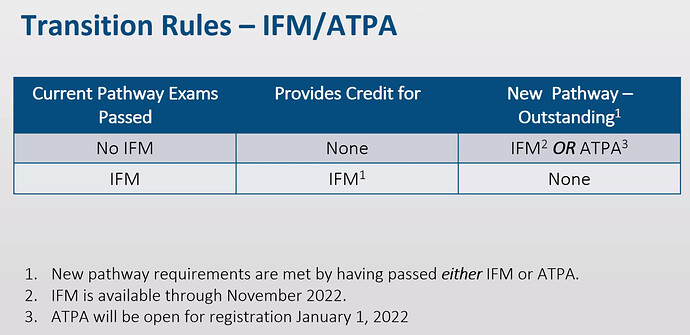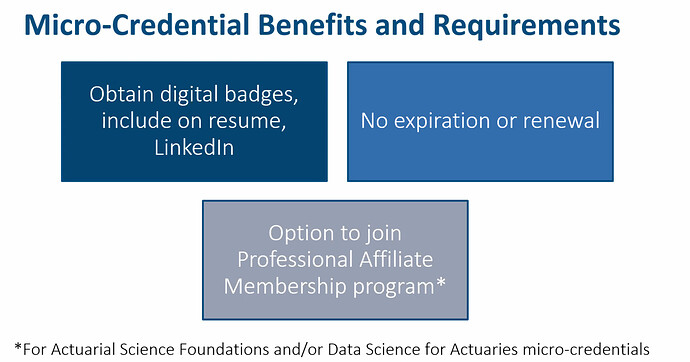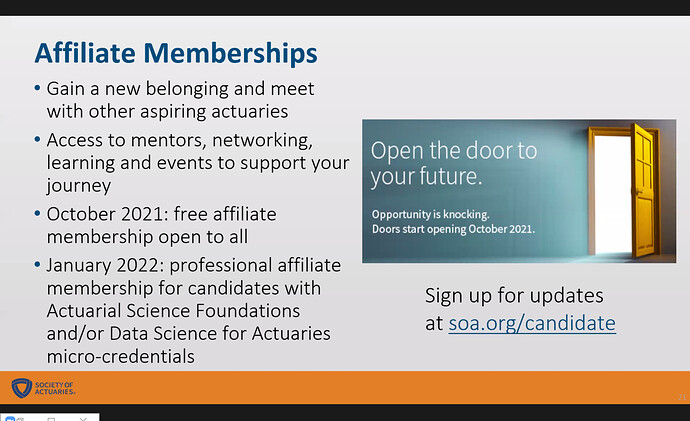How much do you think the ASA changes, coupled with the UEC, will hurt actuarial salaries in general? I don’t see how they wouldn’t be hurt because they are just making it easier, in essence.
The ASA-level credential has gone up and down in difficulty a lot over the decades. When I got ASA, it was only a couple of exams away from FSA. In some of the systems before that, ASA had been much easier to achieve.
If achieving the credential itself is easier, then yes, I would be expecting the average salary paid to people with that credential to be lower than now.
That doesn’t mean that those with certain skills and knowledge beyond that credential (and we all need that to hold down a job) will have lower salaries. It just means the credential signals a lower level of skills/knowledge than it does now, so one expects the salary to match.
Interesting thoughts. So by beyond that credential do you mean FSA(obviously beyond ASA), or like that particular skillsets become more important.
The skillsets are already important.
I will point to a similar credential – CFA. It’s only 3 exams, and there are lots more CFAs than ASAs/FSAs out there. It does give someone a bit of shine over non-CFA if you’re working in finance, but it’s not a huge differentiator. You’ve got to actually deliver results of some kind or other.
When I interviewed for various positions, yes, my actuarial credentials were on my resume. But I spent most of my time talking about specific projects I worked out, what kinds of things I could do, and how fast I could learn new things.
For years, entry-level actuarial positions have been very hard to get – having a few exams was necessary but not sufficient. You needed to demonstrate other abilities outside of exams, because so many could pass P/FM easily.
So yes, that can also spread to ASA – if you get lots of people coming directly out of college w/ ASA but no work experience. Then showing you actually can do the job, via work experience, will become more of a signal than your credential.
Do you think it is possible for the current board to be voted out and remove the UEC, or is that jus a pipe dream?
My answer to that is this:
So, basically something like UEC was plumped as a done deal in the late 1980s. A petition drive occurred to strike it (called FEM that time), and the vote came just short of striking it. But then a new Board was elected and it was undone.
This sort of idea has generally been unpopular with current members, but it’s also been unpopular with many employers. If sentiment has changed, then so be it.
It’s not clear to me than any of the SOA leadership asked employers at all about it ahead of time.
It’s pretty obvious the SOA leadership didn’t ask anyone about it ahead of time, nor did they even tell the education & examination volunteers. I heard from someone on an exam committee that they only heard about the changes from the mass email back in June.
The SOA doesn’t have a credentialing problem, they have a marketing and management problem. I talked with a friend of mine over the weekend who is a CAE (Certified Association Executive, basically the credential you’re supposed to have if you want to be leading an org like the SOA or CAS), and the things I was telling him have been going on are like 180 degrees different from what he says association best practices are.
Does the SOA have a CEO like the CAS does?
We don’t have a CEO, we have a president!
We have both. The CEO is a hired position:

Oh my bad
According to LinkedIn he started a little under two years ago.
You were probably too focused on exams then to notice.
What annoys me is that I have seen this happen multiple times in almost exactly the same way in less than 20 years in the org.
That’s why I keep asking if there is any institutional memory in the org.
I’m on the webinar today. I’ll share materials/info if they’re interesting.
here’s the first major slide (and yes, they dropped $$ on McKinsey)
Yes, there is a reason that data science has lower barriers to entry (kinda). There is a reason actuarial work has more requirements.
Most of the people working in data science are not working in heavily regulated areas.
I’m curious what they’re going to do for continuing education
I do know something about what they’re going to try to do for membership engagement. Not sure if they’ll address that.
They’re recording it, and will be posting a link later, which I will share. I’m not sharing the exam changes, because they’re all above, and I’m not interested in digging into the details right now.
ok, I lie, I’ll share some of the transition stuff:
I like the micro-credential concept. I think it’s helpful for people who don’t make it all the way to ASA, but helps signal a certain set of knowledge that is business-relevant.
Affiliate memberships:
If you have official comments/questions, it’s good to email membercomms@soa.org
(I’ve done this over a variety of things)
Okay we’re deep into Q&A session right now.
This webinar is only about the exam changes, microcredentials, and affiliate memberships. The other stuff has yet to be announced.
I’ll link to the recording when available.
